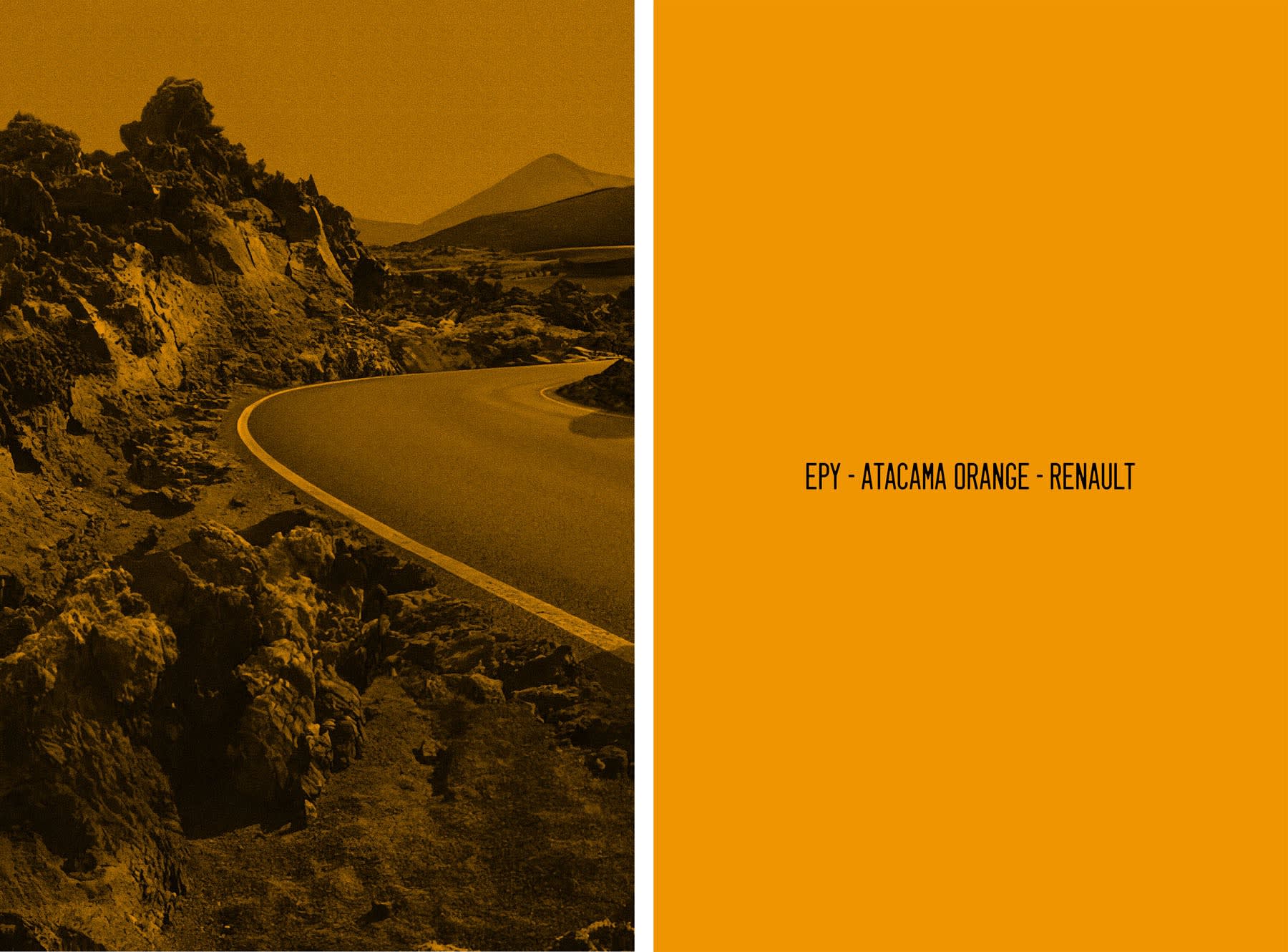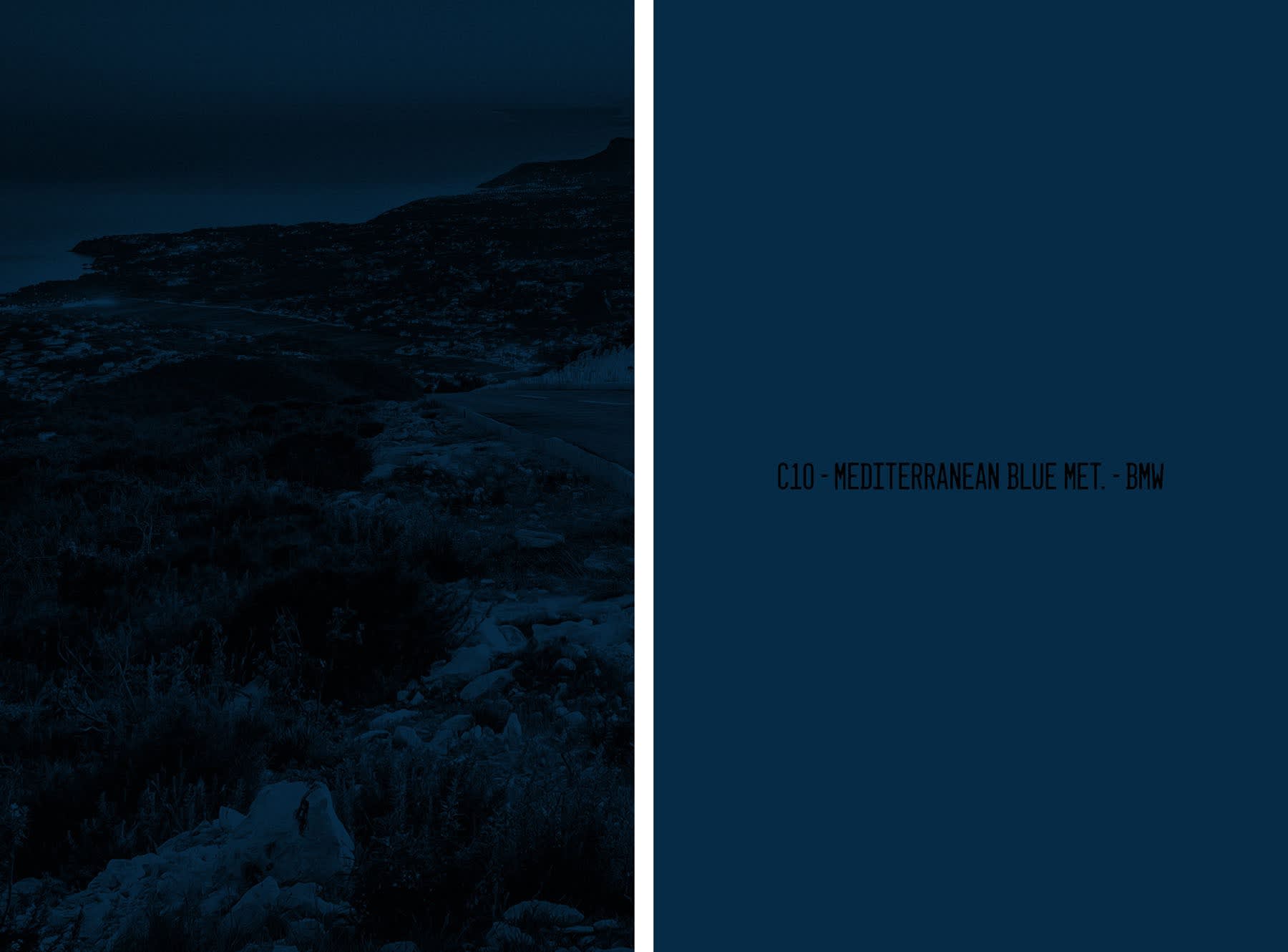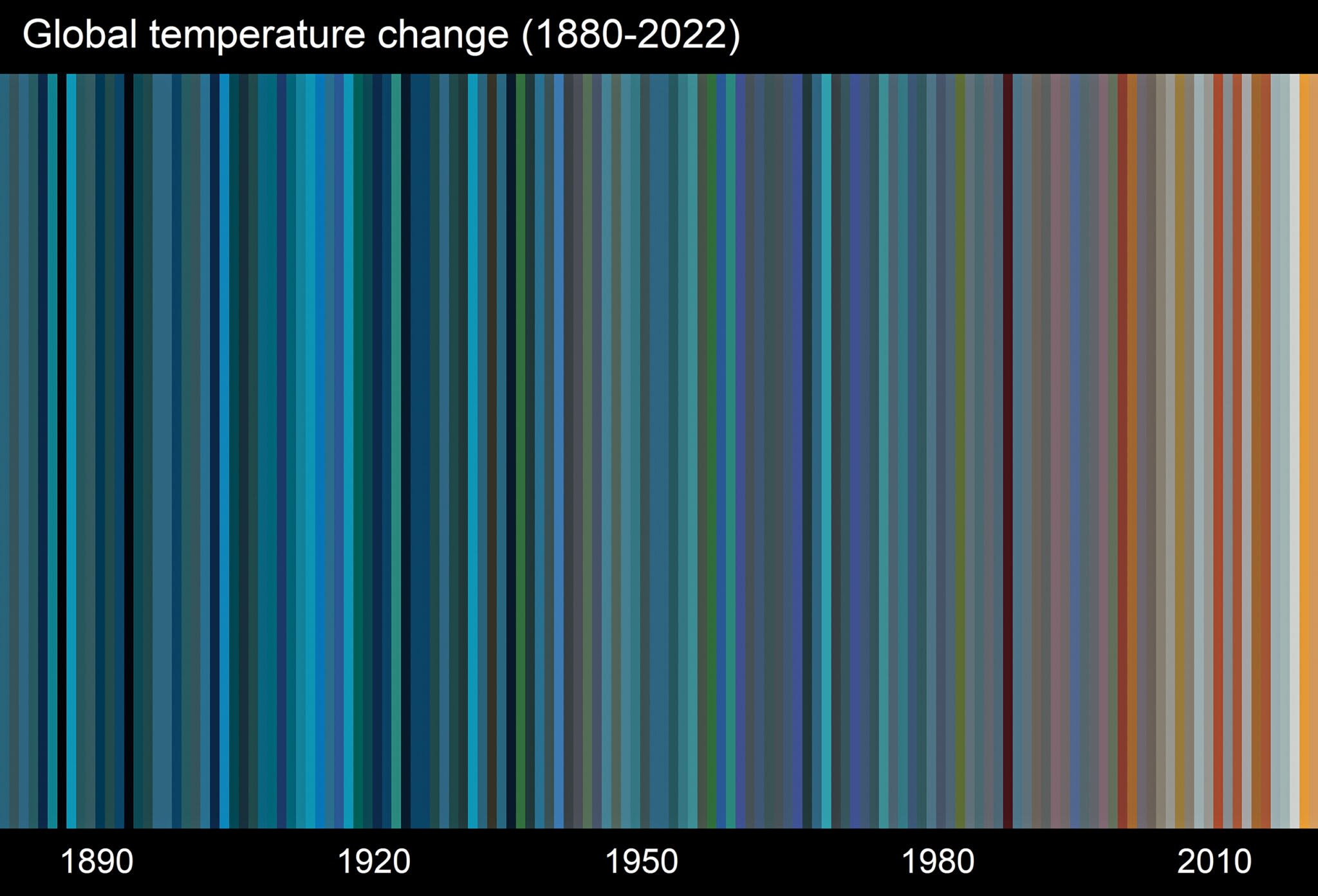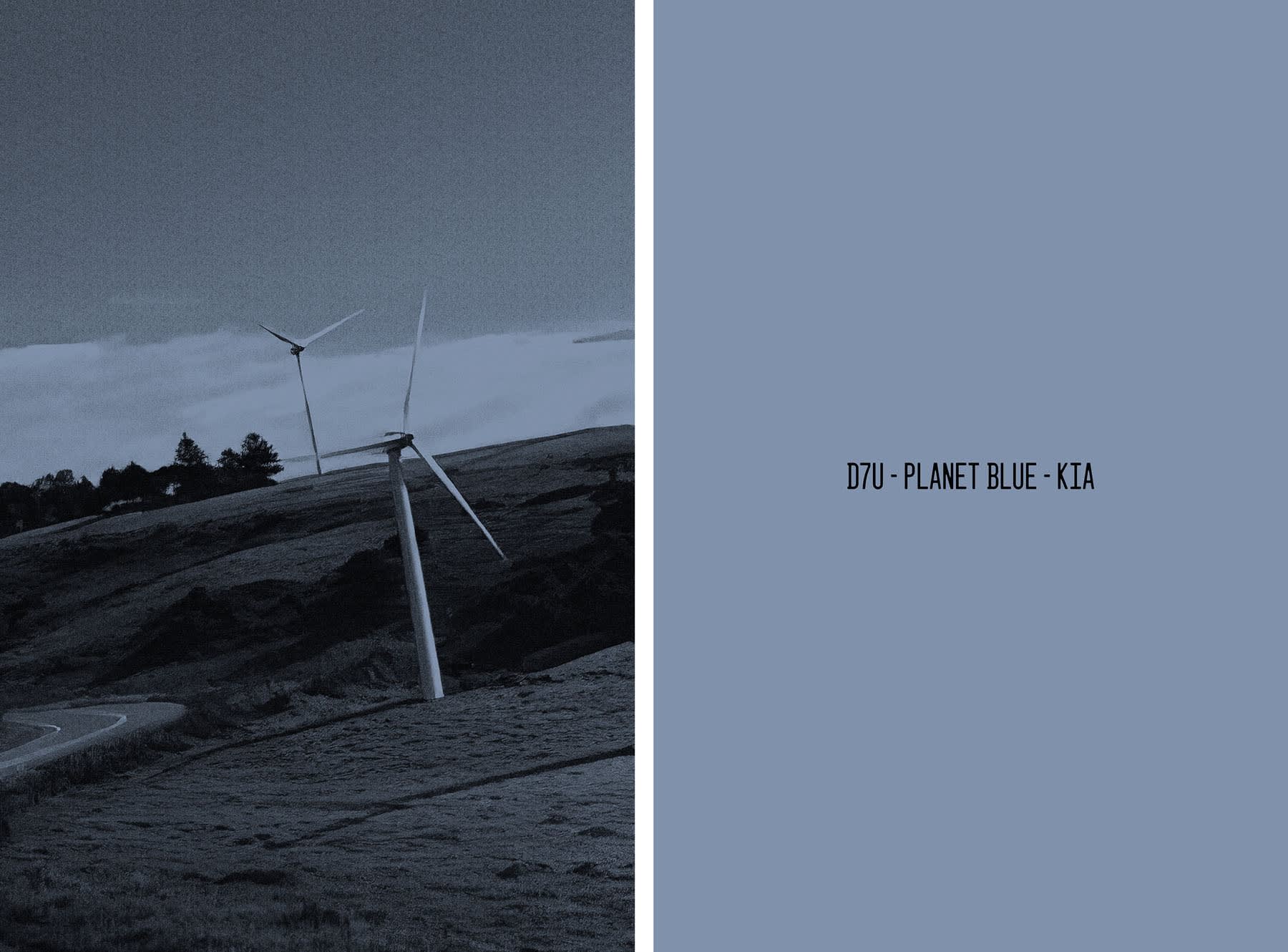Renowned for his photographic investigations, Mathieu Asselin now turns his lens on Dieselgate, revealing the car industry’s violent and exploitative relationship with nature.
“Now let me ask you a question,” says Mathieu Asselin. He glares into his webcam. “Do you ever find yourself in a traffic jam looking around you? All these solitary people are sitting in this huge piece of metal with two sofas and five kilometres of wire inside. It is completely crazy, it is bullshit.” We are talking about his upcoming project, True Colors, which explores the automotive industry’s “violent” relationship with nature. It is not the first time that Asselin, whose investigative documentary photography seeks to “challenge the corporate status quo”, has become irate during our conversation. ‘Bullshit’ appears to be his favourite word.
The work is comparatively serene: a colourful series of idyllic natural vistas lifted from car sales brochures. “They use the landscape to sell these cars,” explains the French-Venezuelan artist, whose intention is to show how “embedded” pollutants have become in nature. These lifted landscapes are silkscreen printed on 100×150cm steel plates with ink extracted from diesel vehicle exhaust pipes. Then they are washed out in automotive paints – colours that are incidentally named after valuable ecosystems. A pine tree lake is bathed in Volkswagen’s ‘Montana Green’; a pristine mountain top is quilted in Renault’s ‘Glacier Blue’; a desert is baked in BMW’s ‘Arizona Sun’. Working with a biologist, Asselin pulled 257 of these colours and created a graphic that illustrates the warming climate from 1880 to 2022 . ‘Alaska Blue’ falls somewhere in the Victorian age, while ‘Amazonia Green’ is in the mid 20th century. The more alarming ‘Coral Red’ is near the present day.




